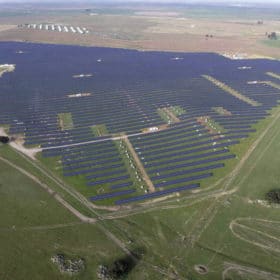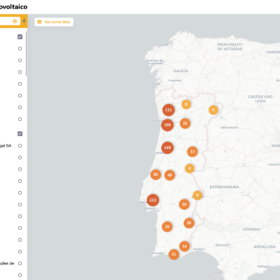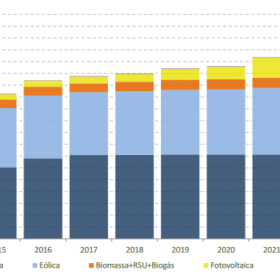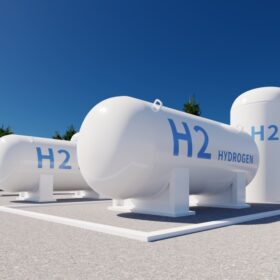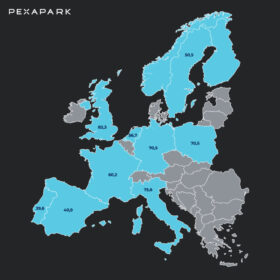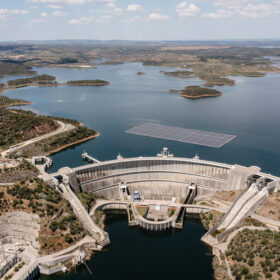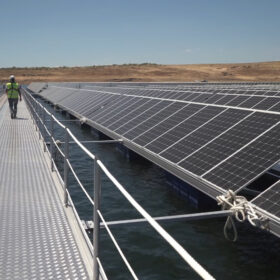Portugal aims to install 20.4 GW of solar by 2030
The Portuguese government has raised its 2030 solar target by 11.4 GW. It now hopes to cover 85% of its electricity mix with renewables by the end of the decade.
New interactive map of PV projects in Portugal
Observatório Fotovoltaico is mapping PV projects across Portugal, with information on installation size, year of commissioning, exploration type, and developer. The free tool already includes around 1,000 projects, corresponding to 60% of the country’s total installed capacity.
Portugal’s January-April PV installations hit 118 MW
Despite a slow start to the year, BloombergNEF expects Portugal to install another 1,363 MW of solar by the end of 2023. The likelihood of that scenario seems to come down to how quickly projects from the record-breaking 2019-20 solar auctions go online, if they do so at all.
The Hydrogen Stream: South Korea launching hydrogen bidding market
South Korea is opening what it claims is the world’s first hydrogen power generation bidding market, while the International Energy Agency says that Omani hydrogen production could surpass current European consumption levels.
PPA prices falling across Europe, says Pexapark
Pexapark says power purchase agreement (PPA) prices are falling in Europe, with prices in Spain and Portugal down by 6.4% and 6.2% to €40.90 ($43.99)/MWh and €39.60/MWh, respectively.
Portugal launches floating solar tender
Portugal will auction off five projects with a combined capacity of 4.5 MW. They require a total investment of around €4.3 million ($4.6 million).
Geração distribuída em ano de adaptação
Neste webinar da pv magazine Brasil, vamos entender como os segmentos da geração distribuída podem atravessar essa fase de mudanças do mercado. Vamos analisar os números de instalações, comparar as diferentes modelos de negócios, os desafios da conexão e do financiamento e as soluções possíveis.
Portuguese group Metalogalva opens US factory
The Portuguese company Metalogalva, which produces metal structures for the photovoltaic industry, has announced the opening of a factory in Memphis, Tennessee, with an investment of $6 million.
Floating PV in Portugal can exceed national 7 GW target
Researchers from the University of Évora have concluded in a study that the installed capacity of floating solar systems can exceed the 7 GW target defined in the country’s National Energy and Climate Plan 2030.
Spain, Portugal to cap wholesale gas prices until end of year
The European Commission has informally approved Portugal and Spain’s request to extend the so-called “Iberian exemption” mechanism. The measure, which limits the price of natural gas for electricity production, was originally scheduled to end in May, but it will now run until the end of the year.
